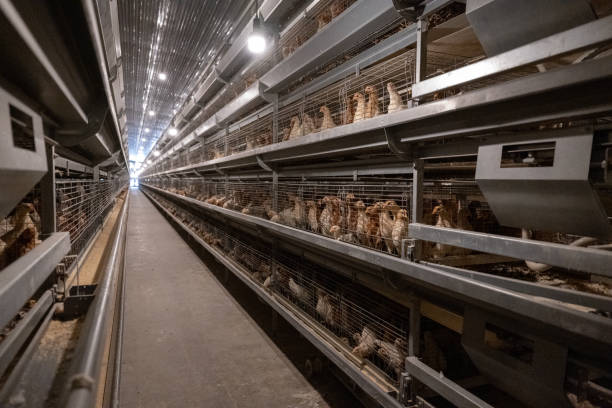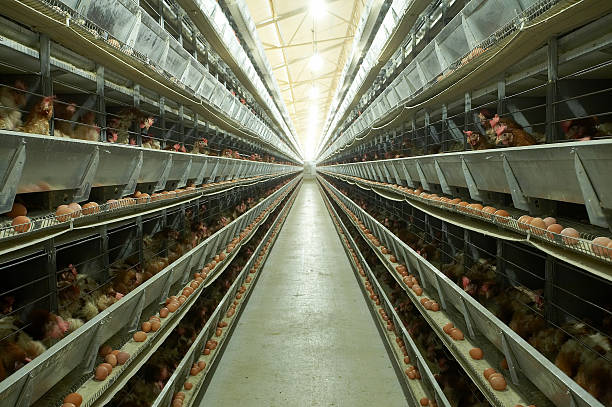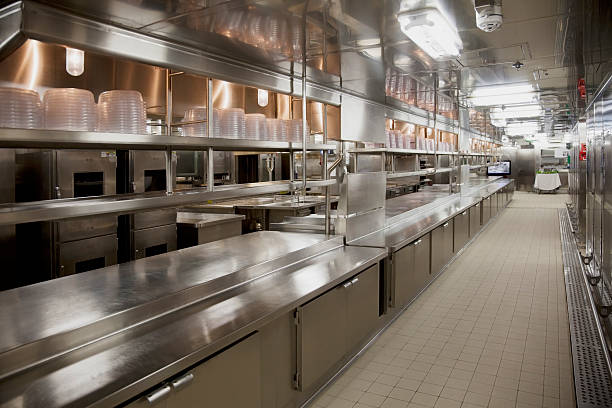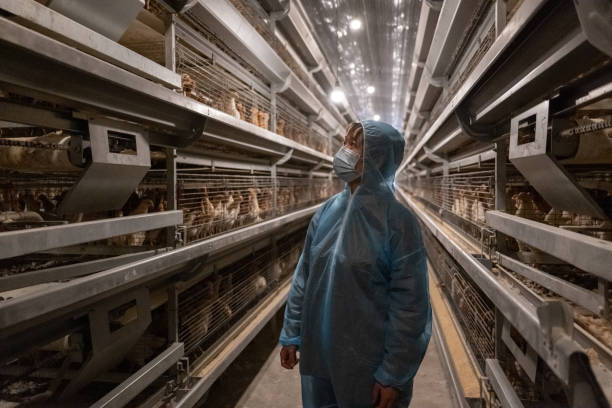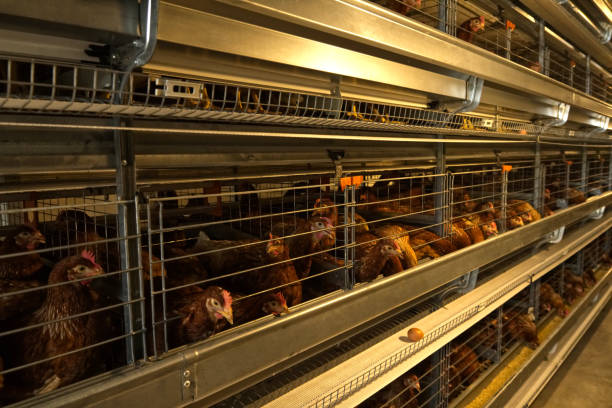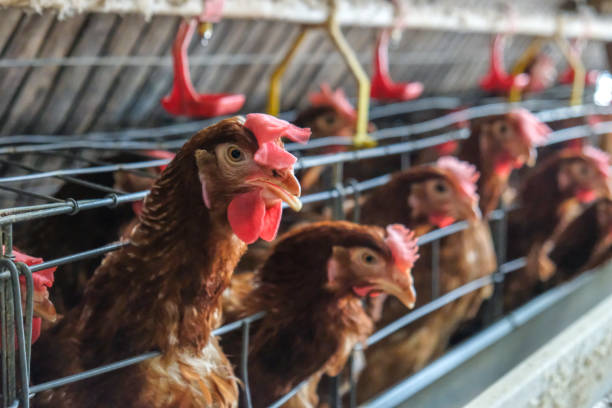Choosing the Best Poultry Farming Equipment Suppliers: Key Considerations for Success in Africa
Choosing the Best Poultry Farming Equipment Suppliers: Key Considerations for Success in Africa
Poultry farming in Africa is experiencing substantial growth, driven by increasing demand for protein and the growing recognition of its potential to improve livelihoods. As more entrepreneurs and established farmers venture into poultry farming, the importance of sourcing quality equipment from reputable suppliers becomes paramount. Choosing the right supplier can significantly impact the efficiency, productivity, and profitability of your poultry business. This article explores key considerations for selecting the best poultry farming equipment suppliers in Africa, ensuring you make informed decisions that set your farm up for success.
Understanding the African Poultry Market
Before diving into the selection process, it’s crucial to understand the unique dynamics of the African poultry market. Factors such as climate, local infrastructure, and common diseases influence the type of equipment that will perform optimally. For instance, in regions with high temperatures, well-ventilated housing and efficient cooling systems are essential. Similarly, in areas with unreliable power supply, backup generators or solar power solutions may be necessary.
Furthermore, the scale of your operation will influence your equipment needs. A small-scale, family-run farm will have different requirements than a large commercial operation. Understanding these nuances will help you identify suppliers who can provide tailored solutions for your specific needs.
Key Considerations When Choosing a Poultry Equipment Supplier
Selecting the right poultry equipment supplier is a multifaceted process. Here are some critical factors to keep in mind:
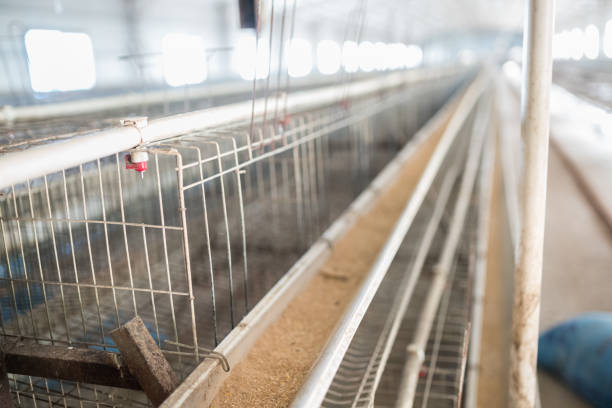
Reputation and Experience:
A supplier’s reputation is a strong indicator of their reliability and the quality of their products. Look for suppliers with a proven track record in the African market. Check online reviews, ask for referrals from other poultry farmers, and investigate their business history. A company with years of experience is more likely to understand the challenges and opportunities of poultry farming in Africa and can provide valuable insights and support.
Product Quality and Durability:
Poultry equipment is a significant investment, so it’s vital to choose products that are built to last. Inquire about the materials used, the manufacturing processes, and any quality certifications. Durable equipment reduces the need for frequent replacements and minimizes downtime, ultimately saving you money in the long run.
Consider the specific climate conditions in your region. Look for equipment that is resistant to corrosion, UV damage, and other environmental factors. Some suppliers offer products specifically designed for the harsh conditions often found in Africa.
Range of Products and Services:
A comprehensive supplier should offer a wide range of equipment to meet all your poultry farming needs. This includes:
*Chicken Cages:
Different types of cages, such as layer cages, broiler cages, and pullet cages, are designed for specific stages of poultry production. Consider the stocking density, ease of cleaning, and ventilation features when selecting cages.*
*Feeding Systems:
Automated feeding systems can significantly reduce labor costs and ensure consistent feed distribution. Look for systems that are easy to adjust, maintain, and clean.*
*Drinking Systems:
Nipple drinkers and bell drinkers are common options. Nipple drinkers are more hygienic and reduce water wastage, while bell drinkers are simpler and more affordable.*
*Ventilation Systems:
Proper ventilation is crucial for maintaining optimal temperature and air quality inside the poultry house. Consider fans, air inlets, and climate control systems.*
*Manure Management Systems:
Efficient manure removal is essential for hygiene and disease control. Options include manual scraping, automatic scrapers, and conveyor belt systems.*
*Egg Collection Systems:
Automated egg collection systems reduce labor costs and minimize egg breakage. These systems are particularly beneficial for large-scale operations.*
*Lighting Systems:
Proper lighting is essential for stimulating egg production and promoting healthy growth. LED lights are energy-efficient and offer customizable light spectrums.*
In addition to equipment, the supplier should also offer services such as installation, maintenance, and repair. A supplier who can provide ongoing support is a valuable partner in your poultry farming venture.
Pricing and Payment Terms:
While price should not be the sole determining factor, it’s important to compare quotes from different suppliers. Be wary of unusually low prices, as they may indicate substandard quality. Consider the total cost of ownership, including installation, maintenance, and replacement parts.
Inquire about payment terms and financing options. Some suppliers may offer installment plans or partnerships with financial institutions to help you manage your investment.
After-Sales Support and Warranty:
Reliable after-sales support is crucial for addressing any issues that may arise after the purchase. Choose a supplier who offers timely assistance, technical support, and readily available spare parts.
A comprehensive warranty provides peace of mind and protects you against manufacturing defects. Understand the terms and conditions of the warranty before making a purchase.
Training and Technical Assistance:
Proper training is essential for operating and maintaining poultry equipment effectively. A good supplier will provide training programs for your staff, covering topics such as equipment operation, maintenance, and troubleshooting.
Technical assistance should be readily available to address any questions or concerns you may have. Look for suppliers who have a dedicated support team that can provide remote assistance or on-site visits when needed.
Compliance with Standards and Regulations:
Ensure that the equipment you purchase complies with relevant safety and environmental standards. Inquire about certifications and approvals from recognized organizations.
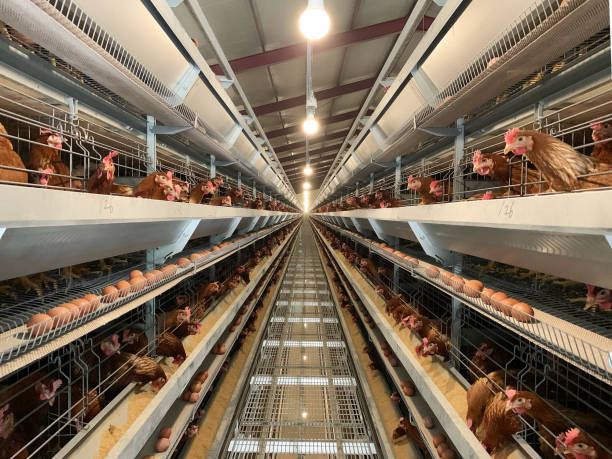
Compliance with local regulations is also essential. Work with a supplier who understands the regulatory landscape in your region and can provide equipment that meets all requirements.
Location and Accessibility:
The location of the supplier can significantly impact delivery times and service availability. Choose a supplier who has a strong presence in Africa or a reliable network of distributors.
Accessibility is also important. Ensure that the supplier has a responsive communication channel and can provide prompt assistance when needed.
Customization Options:
Every poultry farm is unique, and your equipment needs may vary depending on your specific circumstances. Look for a supplier who offers customization options to tailor the equipment to your specific requirements.
Customization can include adjusting the size of cages, modifying feeding systems, or designing ventilation systems to suit your poultry house layout.
Steps to Take Before Making a Decision
Once you have identified a few potential suppliers, take the following steps before making a final decision:
Visit the Supplier’s Facility:
If possible, visit the supplier’s manufacturing facility to assess their production capabilities and quality control processes. This will give you a firsthand look at the equipment and the company’s operations.
Request a Demonstration:
Ask for a demonstration of the equipment you are interested in purchasing. This will allow you to see how it works, assess its ease of use, and identify any potential issues.
Talk to Existing Customers:
Contact other poultry farmers who have purchased equipment from the supplier. Ask about their experience with the products, the service, and the after-sales support.
Review the Contract Carefully:
Before signing any contract, review it carefully to ensure that all the terms and conditions are clear and acceptable. Pay attention to details such as payment terms, delivery schedules, warranty coverage, and dispute resolution mechanisms.
Building a Long-Term Relationship
Choosing a poultry equipment supplier is not just a one-time transaction; it’s about building a long-term relationship. A reliable supplier can be a valuable partner in your poultry farming venture, providing ongoing support, guidance, and expertise.
Look for a supplier who is committed to your success and is willing to go the extra mile to help you achieve your goals. A strong partnership can lead to improved efficiency, increased productivity, and greater profitability.
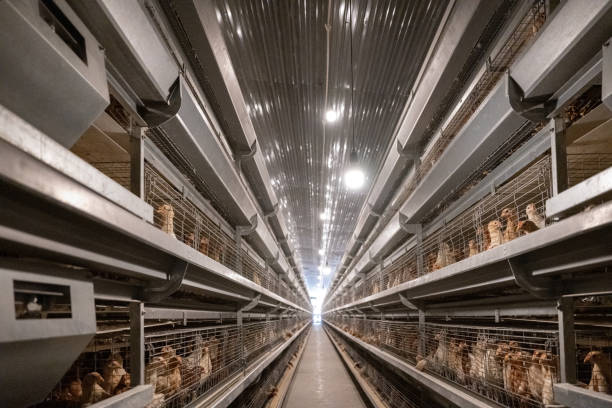
The Impact of Technology on Poultry Equipment Supply
The poultry industry is constantly evolving, and technological advancements are playing a significant role. As you evaluate suppliers, consider their adoption of new technologies. Suppliers who embrace innovation are more likely to offer cutting-edge equipment that can improve your farm’s performance.
For example, the integration of sensors and data analytics can provide real-time insights into your flock’s health, feeding habits, and environmental conditions. This information can help you make more informed decisions and optimize your operations.
Specific Considerations for Different Types of Poultry Farms
The specific equipment needs of a poultry farm will vary depending on the type of operation. Here are some specific considerations for layer farms, broiler farms, and breeder farms:
Layer Farms:
Layer farms require equipment that supports egg production, such as layer cages, automated egg collection systems, and specialized lighting systems. Consider the capacity of the cages, the efficiency of the egg collection system, and the energy efficiency of the lighting.
Broiler Farms:
Broiler farms require equipment that promotes rapid growth and efficient meat production, such as broiler cages, automated feeding systems, and efficient ventilation systems. Consider the stocking density of the cages, the accuracy of the feeding system, and the cooling capacity of the ventilation system.
Breeder Farms:
Breeder farms require equipment that supports both egg production and chick hatching, such as breeder cages, incubation systems, and chick handling equipment. Consider the fertility rate of the eggs, the hatchability of the chicks, and the ease of handling the young birds.
Conclusion
Choosing the right poultry farming equipment supplier is a critical decision that can significantly impact the success of your poultry business in Africa. By considering factors such as reputation, product quality, range of services, pricing, after-sales support, training, compliance, location, and customization options, you can make an informed choice that sets your farm up for long-term success. Remember to visit the supplier’s facility, request a demonstration, talk to existing customers, and review the contract carefully before making a final decision. Building a long-term relationship with a reliable supplier can provide ongoing support, guidance, and expertise, helping you navigate the challenges and opportunities of poultry farming in Africa. As technology continues to advance, embracing new innovations in poultry equipment can further enhance your farm’s efficiency, productivity, and profitability.



